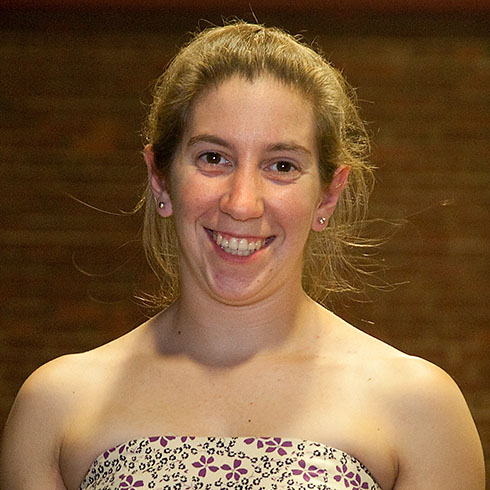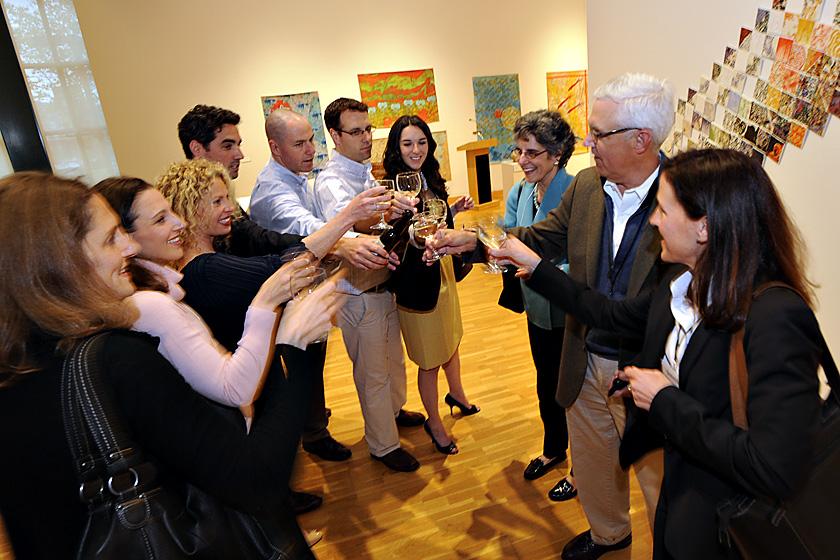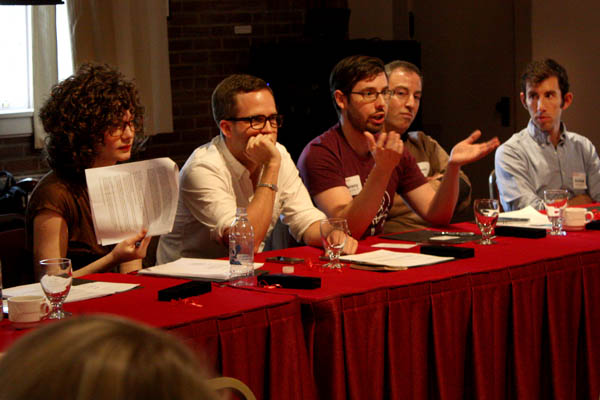
Daily series: Kibe '12 takes stock of his Ladd investment internship
As summer enters its final week, we are sharing stories from students who had Bates-related summer experiences, each day through Sept. 21.
Name: Joseph Kibe ’12
Major: Mathematics
Hometown: Portland, Ore.
Summer activity: A Ladd internship with Lee Munder Capital Group, where Kenneth Swan ’82 is president and CEO.
Kibe says his Ladd internship confirms that what he’s learning at Bates will indeed be helpful “in the proverbial ‘real world.'”
He’s not talking about pieces of coursework, quipping that the “ability to parse out 19th-century French literature doesn’t directly help in quantitative finance.”
“I will continue to face nontrivial intellectual challenges yet not be too flummoxed by them.”
Instead, Kibe says, the skills and aptitudes that come from learning French literature in a liberal arts context surely did come in handy. “And, frankly, that perspective was good,” he says. “Should I choose to go into industry, I will continue to face nontrivial intellectual challenges yet not be too flummoxed by them. I’ve been prepared to take them on.”
He gives an example. In a preparatory exercise at Lee Munder, Kibe was asked me to build a model to rank equities by the inverse of their price over time. “On first blush it looks like a promising strategy,” he says. “But there is a big problem that makes the strategy utterly useless.”
He explains. “The historical share prices that most companies provide to investment firms are split-adjusted.” That means that when a company’s stock undergoes a 2-for-1 split, the adjusted share price is half the original price, to account for the doubling of shares. “Successful companies that undergo a stock split tend to show artificially low share prices historically, so this data can’t be used used in a model” — which is what Kibe figured out.
In fact, the point of the exercise was for Kibe to find the problem with the model.
“On one level this has virtually nothing to do with specific knowledge I’ve gained in any particular Bates course,” he says. “But on another, the exercise required the sort of deep thinking that a liberal arts education helps to develop in students.”





